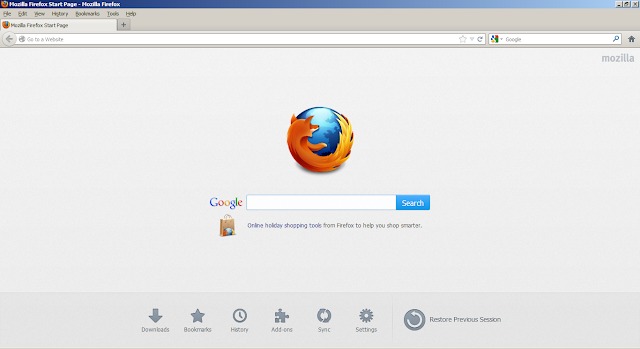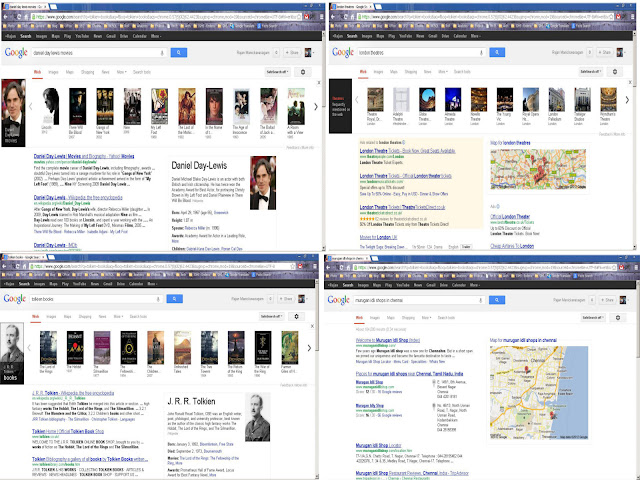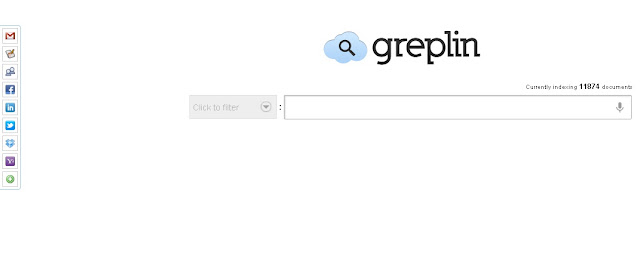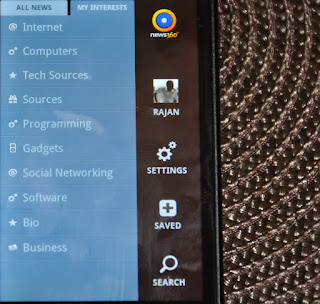Tech - Nine Windows of Architecture

The world at large has been going through a phase of VUCA (volatility, uncertainty, complexity and ambiguity). Some say that this is the new "normal". Although, this term was initially coined by the US Army War College, it applies to the world of business and markets as well. As a result, the VUCA conditions impose more strain on IT departments to deliver solutions that are sustainable and flexible. There are several structured techniques one can employ to manage this scenario. One of the techniques is called - "Nine Windows". This technique looks at two dimensions - time and space. The time represented as past, present and future. The space dimension is modelled as - super system, system and sub system. Nine Windows As an IT architect, a lot of my time is spent working with teams on solution architecture and implementation. Sometimes, when there are several or competing options available, I use this technique. Typically, there is a tendency to focus












